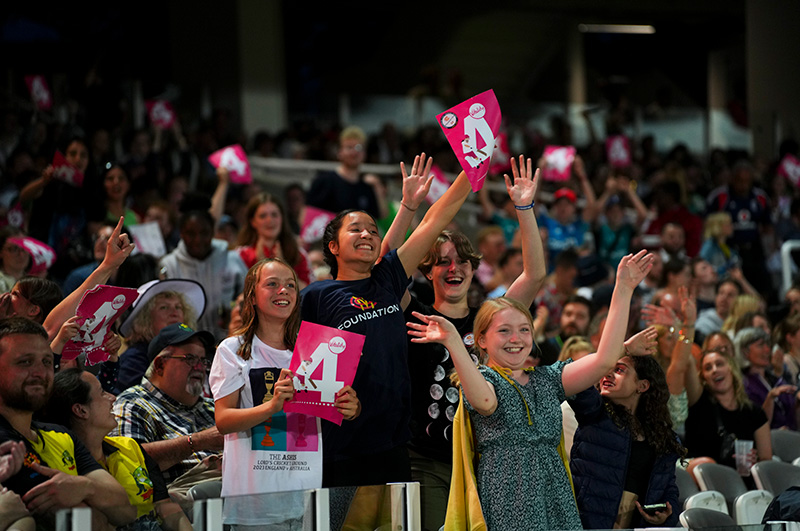The MCC World Cricket committee (WCC), who recently met in Dubai, unanimously concluded that the game has reached an important crossroads, recommending urgent intervention from the game’s leaders to ensure international and franchise cricket can thrive together harmoniously.
Background to the WCC’s position is that, in many ways, the global game has never been in a healthier position. There has never been more money circulating through the global cricket economy, the quality of all formats of international cricket continues to thrill, and the number of playing opportunities for both men and women continue to grow.
However, the committee felt strongly that the opportunity to better balance the global economics of the game must be seized now so that this current position of strength can help secure the sustainability of the international game for all ICC Member nations and future generations.
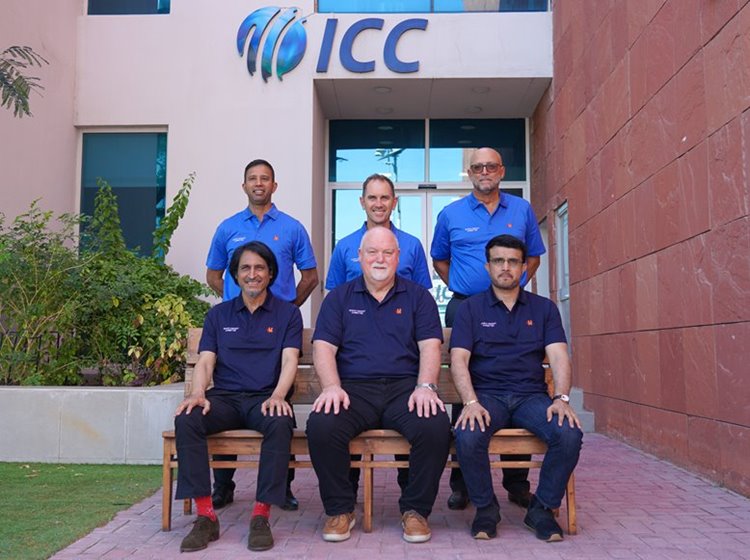
The majority of the committee’s meeting centred on the future of the game, specifically what global cricket might look like in ten years’ time should it be left to evolve organically. The purpose of such foresight was to examine how international cricket can be protected, amidst a global cricketing schedule that is increasingly filled with short-form franchise tournaments.
The men’s cricket schedule in 2023 is saturated with franchise competitions, which overlay and compete with the ICC Future Tours Programme (FTP) of bilateral international cricket, recently released until 2027. The only gap in the combined schedules this year is in October and November, when the ICC Men’s Cricket World Cup takes place in India. This trend is repeated annually, with constant overlap between international and franchise cricket, and the only clear air created for ICC Global tournaments. Of the domestic tournaments, only the Indian Premier League commands anything like a window to avoid international clashes.
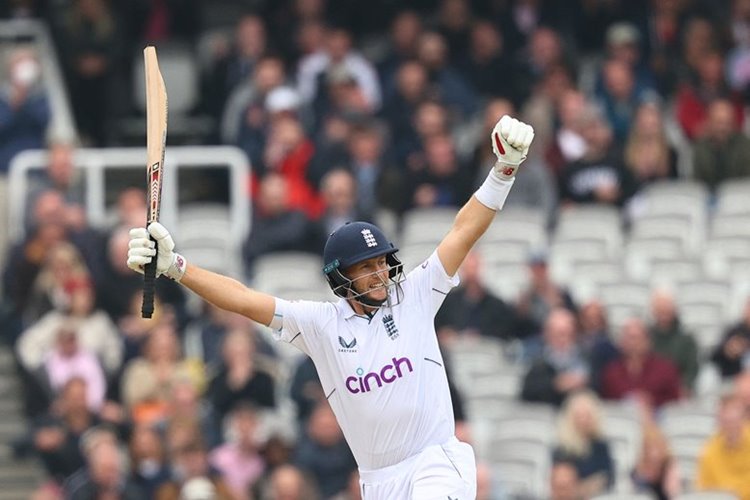
Also notable in the new men’s FTP is an alarming and growing disparity in the amount of international cricket played by a minority of member nations compared to others; a situation which is clearly neither equitable nor sustainable.
Unlike the men’s version, the recently released first version of the ICC Women’s FTP until 2025 appears very clean and presents no overlapping of international and domestic leagues. However, the WCC urges Boards to work together to find the optimal balance between the two, taking learnings from the men’s congested schedule, to ensure that the overall workload for the game’s best international female cricketers is sustainable. With women already seeing a heightened disparity of income in some countries between the franchise leagues and international cricket (versus men), and the consequential choices some are beginning to make to step away from international cricket, there are worrying signs of potential trends to come.
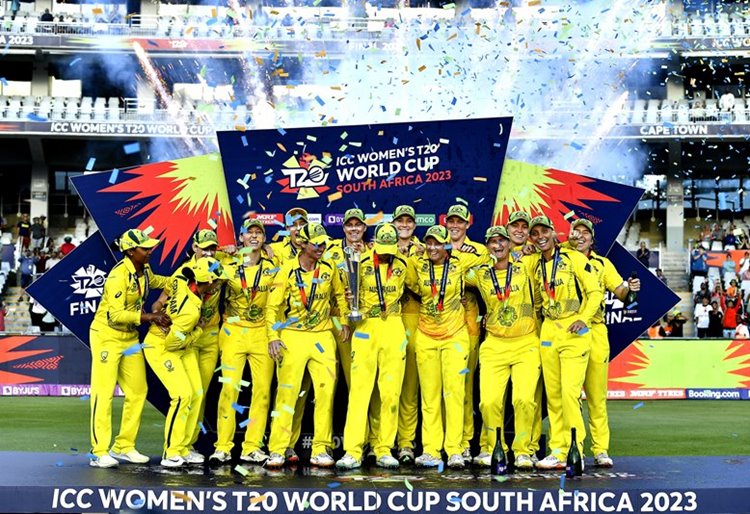
The committee heard presentations from the Federation of International Cricketers’ Associations (FICA) on the changing landscape of employment across professional men and women’s cricket. The increase in the number of professional female players around the world since the last report was unanimously celebrated.
The WCC recognises that women’s cricket provides the biggest growth opportunity for the sport with the rise of several franchise tournaments, including the new Women’s Premier League in India. Strikingly, from the FICA men’s report, it was evident that an increasing number of the game’s finest players are now generating substantially greater revenue hopping between franchise clubs than they are from playing for their country.
The WCC welcomes increased playing opportunities in both the men’s and women’s game but believes that these cannot be to the detriment of international cricket – the pinnacle and financial lifeblood of the game. Continued overlap and congestion will see an increasing number of players forced to choose between club and country, which will threaten the ‘best v best’ status that is so critical to the success and appeal of international cricket.
"We need to protect the integrity of Test cricket, and international cricket in general."
Sourav Ganguly, WCC member said: “I still believe that Test cricket is the biggest platform for cricket. That is where you find the great players, and that is why it is called a Test. It is a test of skill. That should always continue to be the pinnacle and I am sure that countries will give importance to it and find the right balance between franchise cricket and Test cricket.”

Justin Langer, who joined the WCC this year, said: “The difference between international cricket and domestic T20 cricket is that the whole nation cares when their country is involved. The best players’ statistics are measured at international level: everyone knows that Tendulkar scored 100 international centuries and that Muralitharan took 800 Test wickets.

"We need to protect the integrity of Test cricket, and international cricket in general. It is how great careers are judged and it is where true passion and lasting memories are generated.”
The men’s FTP is now fixed until 2027 but the WCC is calling on ICC to look at the next cycle of tournaments and international cricket and challenge its full member nations to ensure a more equitable spread of international cricket.
The ICC is increasing its revenues through the next broadcast cycle, as a result of the introduction of a men’s and women’s white ball global event every year. Consequently, the WCC would like to see some of that additional revenue being ring-fenced to members to support the strategic ambitions of the game. Primary focus should be on becoming the global game of choice for women and girls and assisting with the costs of staging international cricket, which runs at a loss for several countries.
WCC member Suzie Bates said: “It’s such an exciting time to be involved in the women’s game but we need to ensure we have the structure in place to ensure it develops in the best way. The growth of domestic short-form women’s cricket, and its associated financial gains, are hugely welcomed but it should not be at the expense of representing your country.
“As with the men’s game, in order to protect both the standard and integrity of international cricket, we need the best playing the best and therefore the financial model and the women’s Future Tours Programme need to recognise and encourage this.”
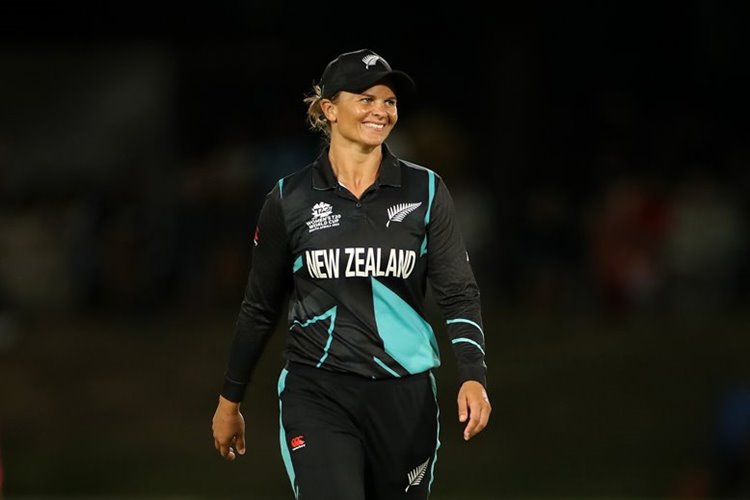
Mike Gatting, Chair of WCC, said: “It is a topic we have spoken about for some time, but the increased prevalence of franchise cricket has now made this a crucial subject for looking ahead.
“Bilateral cricket, and indeed Test cricket, is more popular in some parts of the world than others. With this in mind, we need to ensure that funding is more evenly distributed across the member nations. It is inconceivable that the game’s heart and soul can be affluent in some countries and almost unaffordable in others”.
The full list of committee members is as follows:
Mike Gatting - Chair
Jamie Cox – MCC Director (Cricket & Operations)
Suzie Bates
Clare Connor
Sir Alastair Cook
Kumar Dharmasena
Sourav Ganguly
Justin Langer
Ramiz Raja
Kumar Sangakkara
Graeme Smith
Ricky Skerritt

